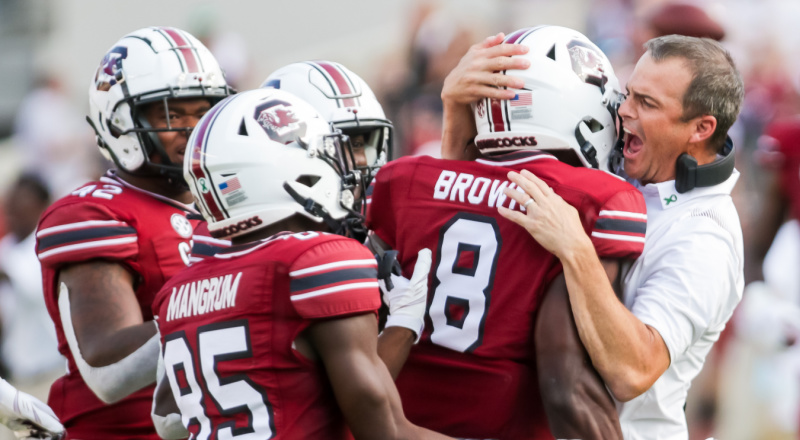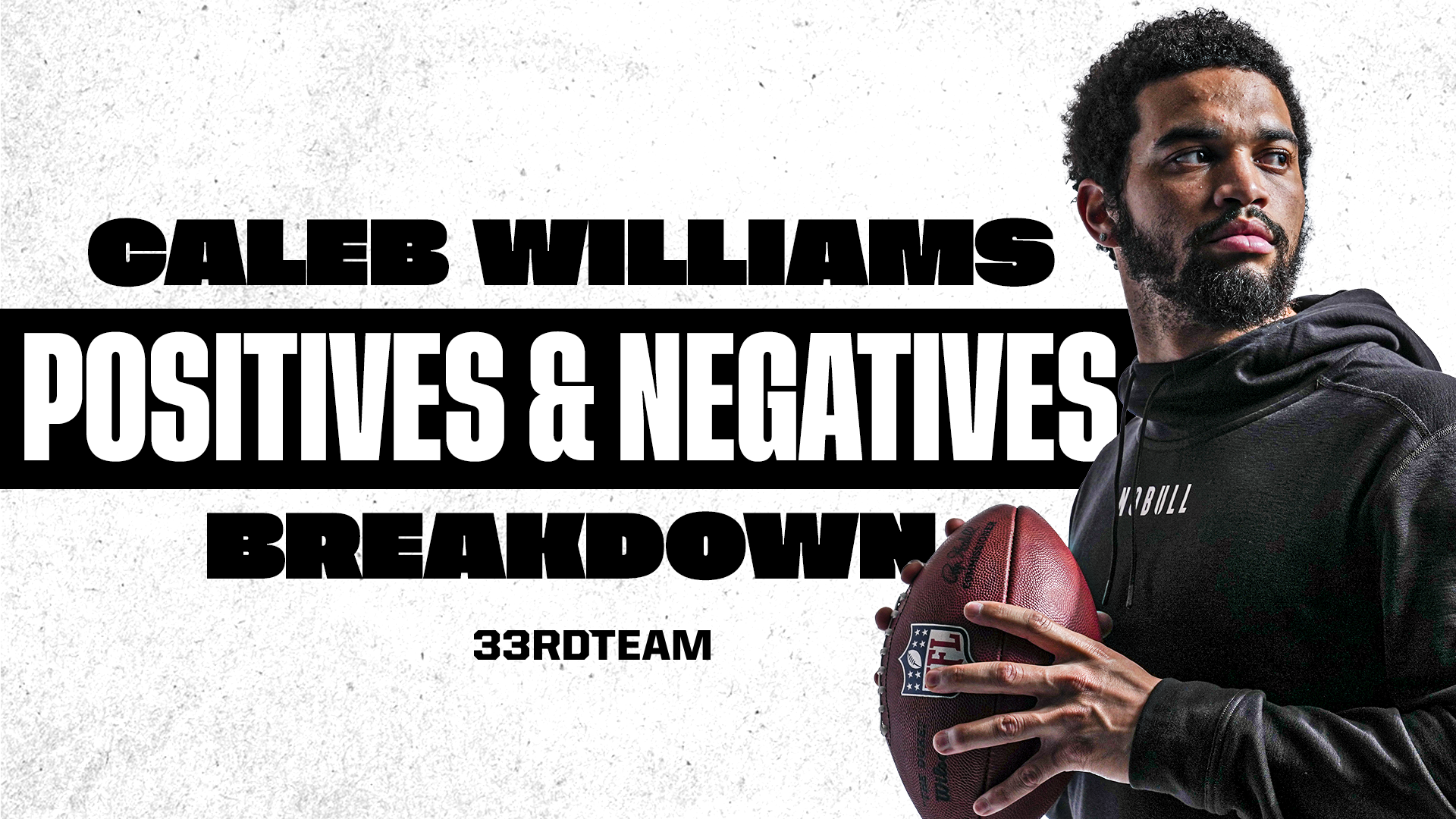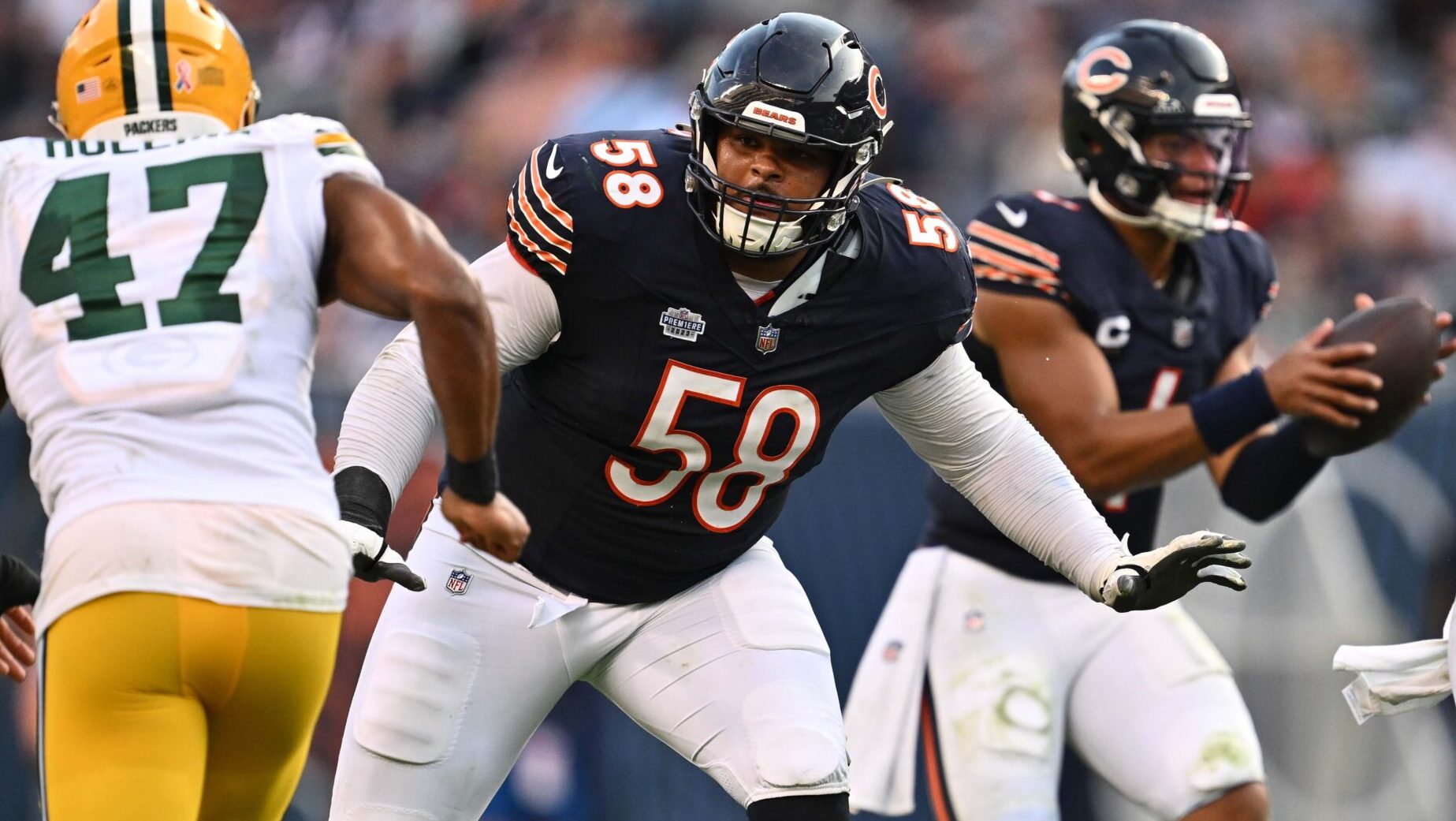Analysis
1/7/22
11 min read
“Working 50 Weeks a Year For the Other 2” – What Do Executive Search Firms Do?

On Nov. 15 of 2020, the Head Coaching position of the South Carolina Gamecocks became available for the first time in five years. As an SEC school and one that had proven they could compete, this hire would set the school’s direction for potentially a decade. Exactly three weeks later, Oklahoma assistant HC/TEs Coach Shane Beamer was announced as South Carolina’s next Head Coach.
How did the school move so quickly to identify and find their chosen leader and what did the process look like? They hired an executive search firm to help them navigate the process, which was very competitive given the landscape of numerous head coaching changes. We spoke with Chad Chatlos, who has spent over 15 years in sports marketing and event management, including working on searches for Head Coaches, Athletic Directors, and Conference Commissioners at both the collegiate and NFL levels, about the art and science to running a highly professional search.
As a former defensive captain at the Naval Academy, Chad had four different defensive coordinators over four years and saw a lot of different personalities, leadership styles, and coaching techniques. He worked as a coaching GA for a season and served as a Marine officer for over six years, which gave him tremendous insight and experience. Chad had been around many leaders, both good and bad, for years before being recruited into the executive search industry and eventually founding his own company. Working with TurnkeyZRG now, their goal is to run the process and give their client strong, well-vetted candidates that actually make the decision difficult — where they feel they can pick any of the final few candidates. To emphasize, it is exclusively the team’s decision. TurnkeyZRG does not “hire” any coaches. That falls on the Director of Athletics and their leadership teams.
Every project is the No. 1 priority for the client, but Chad and TurnkeyZRG could be doing three or four at a time. It’s a highly stressful time for an organization when they are looking for a new leader, and executive search firms can provide the experience, understanding, and expertise to help an organization navigate those murky waters.
One of the reasons executive search firms are useful is a trust factor. In the NFL, owners are making million- and billion-dollar decisions. In college, athletic directors, presidents, and chancellors are making multi-million-dollar decisions for a different kind of entity. On the college side, a search can take anywhere from two days to six weeks, while the NFL has a whole different system with tampering rules depending on playoff status and job title. Together, these combine to form high-stakes rapid decisions that significantly impact the future of the organization. With so much on the line, it can be enormously helpful to bring somebody in who’s been in this situation before and knows how to run a successful search process. You wouldn’t buy a house without having it inspected and appraised, so it’s key to bring in the experts who do this every day and can bring you the knowledge to make the decision.
Let’s start at the top — your favorite team has an opening and an executive search firm has been brought in to consult. Let’s break down the three phases of the process.
Phase 1: Discovery/Situation Analysis
Not every search is the same, so search firms work with the client to figure out where they’re starting from and where they want to go. Sometimes there’s a search that’s in a good situation, like Ohio State when Urban Meyer retired and Ryan Day took over. But 90% of the time you’re dealing with a spot where somebody was fired. So what went wrong? What kind of culture do you have and what are the challenges a new coach will face? Many times you’ll see owners or athletic directors do a course correction, such as following an offensive coach with a defensive coach or a more experienced coach with a younger up and coming coach. An executive search firm’s role is to say “Was that really the problem?”
The college process can be much more frantic with 15-20 schools looking at a lot of the same coaches, so a search firm will help their clients understand the highly competitive market: what other schools are in the market and what are they interested in? The NFL sees far fewer openings and usually at different times, such as the Raiders job opening in midseason, so the process can be a bit more drawn out.
Some other key discussions revolve around contextual information, such as the timeline or the salary, but the key is to really explore the context of the opening. A significant amount of time is spent in this step to make sure the process is as efficient and beneficial as possible.
Phase 2: Build the Candidate Pool
Taking all the information they've learned in Phase 1, now the search firm tries to figure out who best fits the job description. Looking at the requisite traits for the role, the successes that potential candidates have had, or even the mentors or coaching trees they’ve worked with, the goal is to build a manageable pool of qualified and highly diverse candidates for the client to pick from.
This phase actually doesn’t take very long and is probably the easiest part. Especially in the NFL, there's somewhat of an understanding of who will be available to the point that some people ask “why would you hire a search firm when you know who the candidates are?” The value of a search firm is the vetting, the background, running the process, and in communicating between the coach’s agent and the team.
In college, it’s a little different. Many times the AD doesn’t know the different coordinators or the potential hires, and it is a search firm’s job to educate them. Who are these people, what are their talents, and what are their reputations off the field?
Right now, this is probably the lion’s share of the work being done, providing deep, detailed background checks and referencing. Nobody wants to hire someone and be surprised three weeks later with something they should have known. It could be a DUI, domestic dispute, or a financial or legal situation, so this is where to really get in the weeds before search firms like TurnkeyZRG finalize the candidate pool. Now, the client knows that these people have truly been vetted, they’re good character people, and they’re not going to embarrass their brand or, for a college, the role of higher education on campus.
There are two kinds of background checks a search firm looks at: the “official” background check and the referencing check.
The official check is what people traditionally think of in a background check: education verification, legal and domestic checks, and such. The referencing check is an in-depth look into a candidate’s background from the people who’ve worked with, for, and above them in the chain of command. Also called off-sheet referencing, a search firm can use their extensive network of relationships to touch base with people that they know and trust who have personal experience with the candidate: an athlete they coached or an AD they worked for at previous institutions.
These hundreds of calls touch not only on the off-field points of character, integrity, and morality of the candidate, but also vet the on-field components. What do their X’s and O’s look like, what is their game management strategy, and can they recruit and connect with this generation of players? How do they hire a staff and how do they lead? Not only what kind of culture do they build, but how so? Do they delegate or micromanage?
For TurnkeyZRG, it’s all about beating the pavement and calling the people they’ve worked with over the years, and where the trust factor comes back. People won’t tell you what you really need to know unless they trust you, so it’s essential to always be working to build those relationships.
Phase 3: Get Over the Finish Line
This final step could be the most well-known for a search firm, conducting interviews and further background checks as well as assisting in negotiating the offer. Leaning on the relationships that the firm holds, they can work closely with the coach’s agent to get to a good position where an offer is made and accepted.
Once this goal is reached, it’s back to preparation. These positions can open and close incredibly quickly, so Chad has to stay ready. That’s why he goes to the Combine, to practices, and to agent and coaching development events. By building these relationships ahead of time, he knows who these people are when he has to jump into action.
Everything changes with a job on the line, so it’s important to meet people as often as possible when there’s no job at stake to find who they are and what’s important to them, their family, and their culture.
According to Chad, the biggest question clients have is “Is this person going to fit here?” Many people misunderstand what “fit” truly means. It’s not about surface-level characteristics. Nick Saban is from West Virginia, but he made it work at Michigan State, LSU, and Alabama. Just because he’s from West Virginia didn’t mean he couldn’t coach in the South or Midwest. Another West Virginian, Jimbo Fisher, is another example. Fit truly is about their values, their character, and whether the culture they create and the way they lead will work in that organization. Some of the best-run organizations in the NFL, like the Steelers and Chiefs, are well-known as it relates to culture, family, and leadership. A coach going there knows what’s expected and how the business is run.
Another major point in today’s search is diversity. In Chad’s experience, the best way to support diversity is to be intentional about it, taking a lot of time to meet people where they are and build those connections. This could be as simple as a quick coffee when somebody is flying through, or it could be actively seeking new relationships out.
There is so much value to be gained from seeing coaches in their environment, at their desk or at practice. How do players come in and interact with them? At practice, is there a respect level from the players? It’s been especially difficult the past two years due to the virus, but nothing beats going to see coaches on their own turf, watching them interact with their players and run meetings.
Executive search has been used for decades in the corporate world, but it’s relatively new in sports. There’s a misnomer for executive search about what value a firm can bring, especially in the NFL, so TurnkeyZRG tries to attack every project as a consultant and a partner. There’s no specific set of steps for a project, from teams who have some candidates in mind and can just use some help to get over the finish line to those that are really starting from scratch. The search firm won’t have all the answers, but instead helps the organization get to the answers. As a value partner, they can listen and get sometimes obtain information that teams can’t due to their existing relationships.
Traditional search firms were tasked with finding “who should we be looking at?” But the industry is shifting. Now, the discussion is much more about “what should we be thinking about?” and “who should we stay away from?” There is much more value from a search firm than simply knowing the candidate pool.
Despite never having served as an offensive or defensive coordinator, Shane Beamer’s first season is already tied for the school’s most wins since their 2013 season that won the Capital One Bowl — and he had to shoestring quarterbacks to the extent that nine different players threw a pass, including a GA. Faced with hardship, he’s installed his culture and gotten his organization to buy in. Not all coaching or administrative hires will have such success, but it’s about running an efficient, knowledgeable process to give the team the best chance of success. Here, executive search firms are invaluable.








